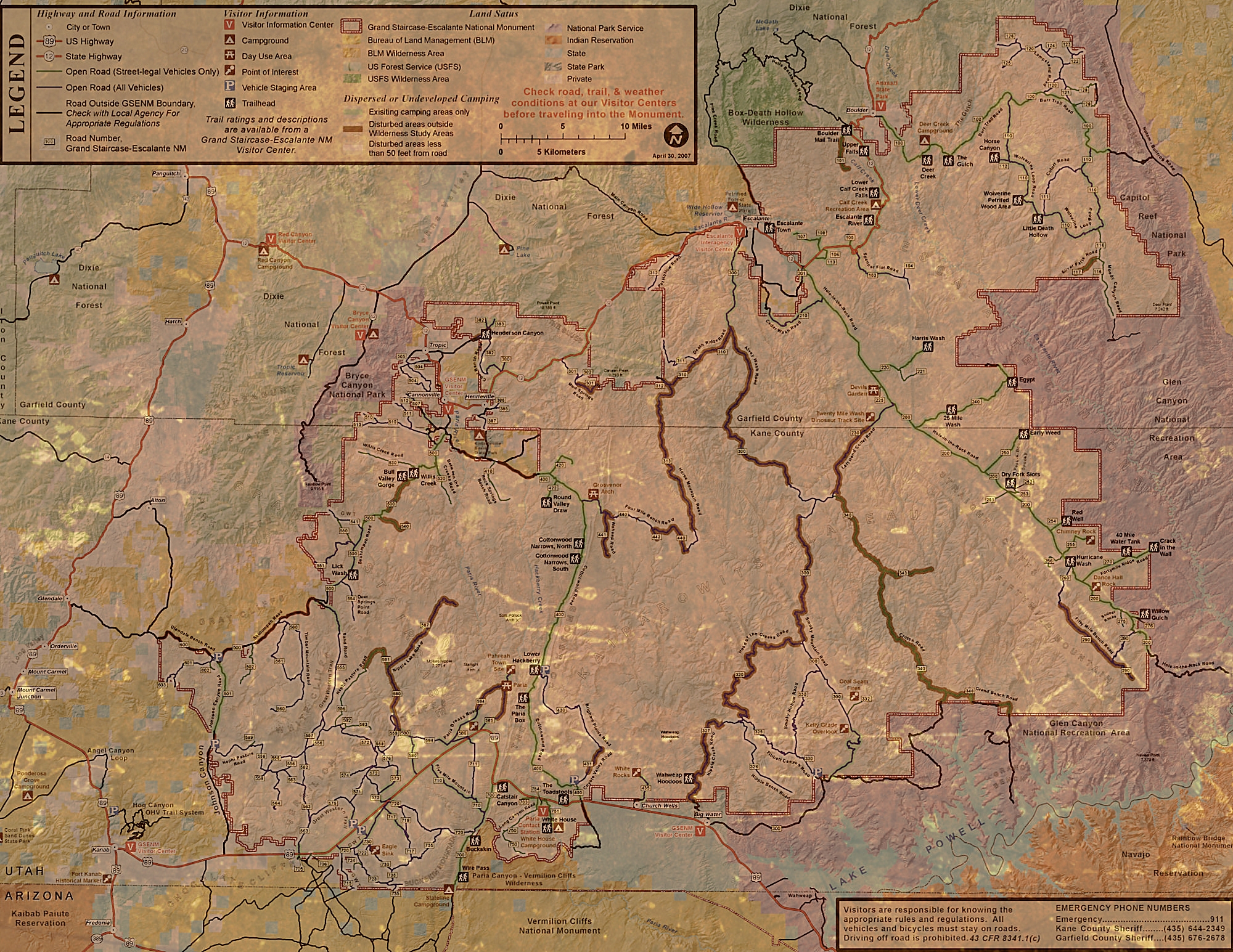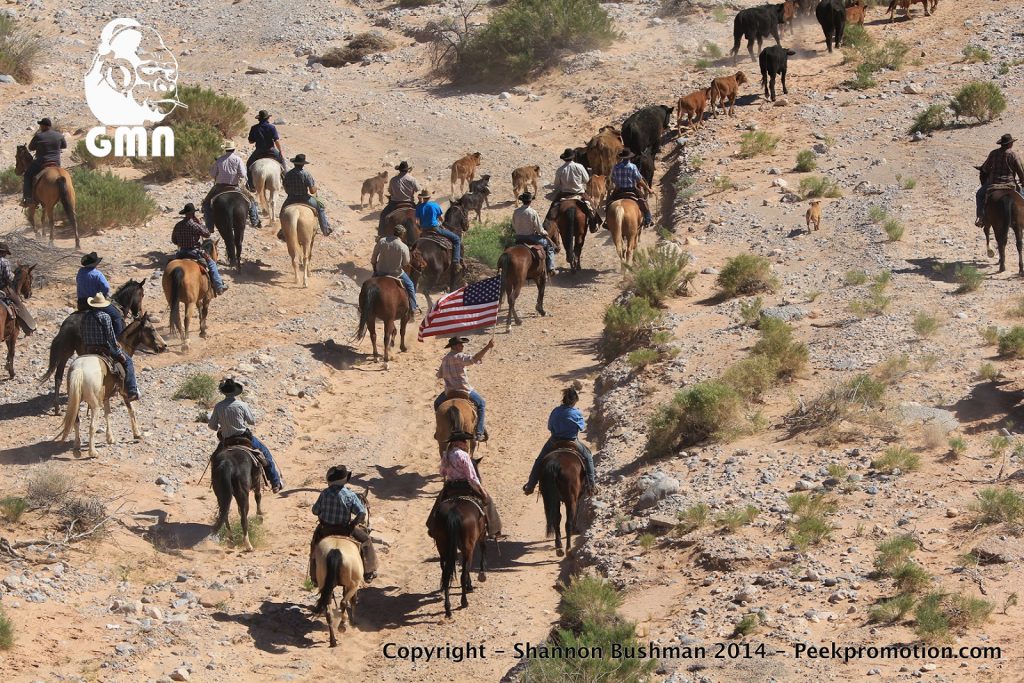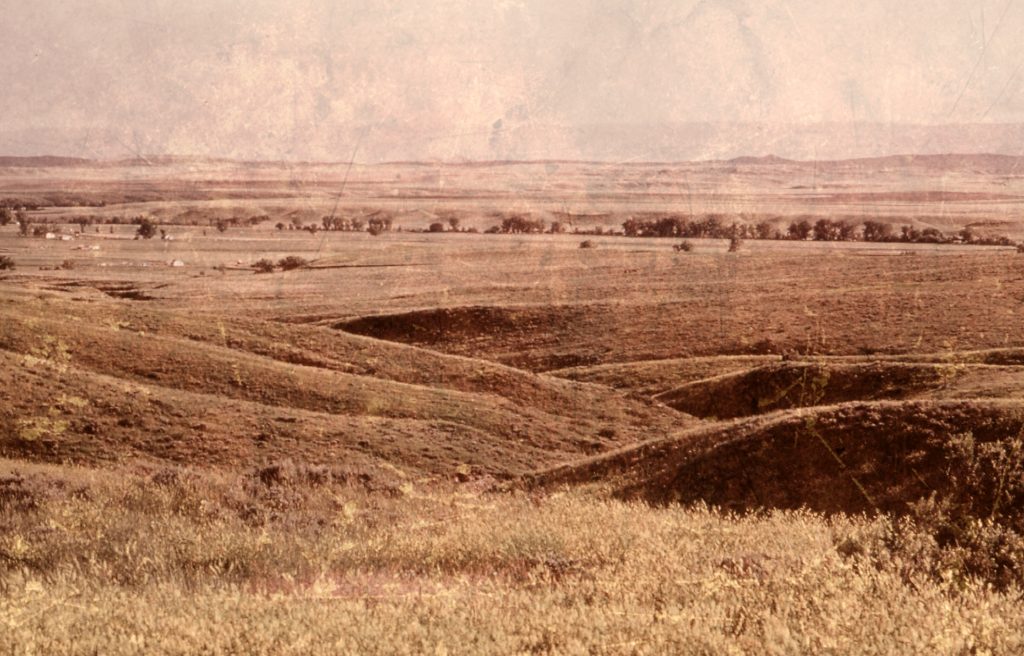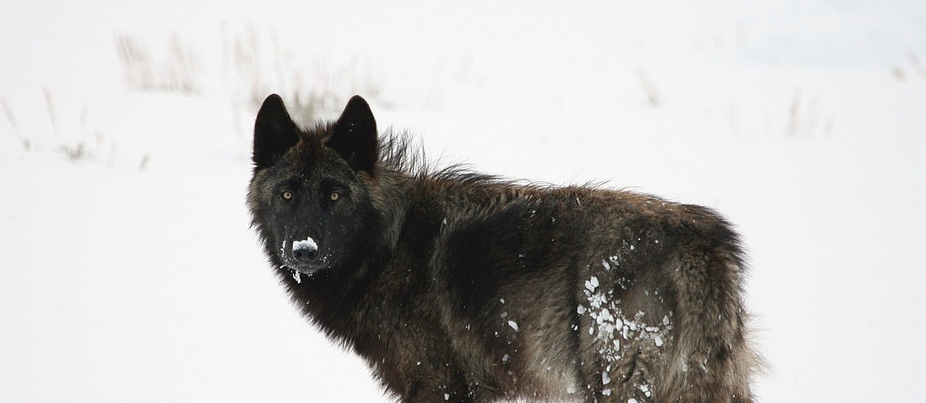Utah’s ongoing national monuments controversies may help jump-start Representative Noel’s bill. The painful and divisive conflicts over Utah’s unpopular Grand Staircase-Escalante (Clinton 1996) and Bears Ears (Obama 2016) National Monuments may galvanize support for a fresh approach to federal land designations.
by Marjorie Haun
Utah’s firebrand State Representative, Mike Noel, has introduced a bill that would give the state legislature a much bigger role in federal land designations. HB 136 addresses the transfer of state lands to the federal government in designations such as national monuments, national parks, wilderness areas and recreation areas, requiring approval of the Utah State Legislature before any transfers over 500 acres are finalized.
Noel’s bill also prohibits state employees or elected leaders from lobbying for federal land designations, unless ‘A governmental entity that intends to advocate for a federal designation within the state’ submits a proposal to the Natural Resources and Environment Committee for review.
The process is detailed in the bill’s text:
(a) Before legally binding the state by executing an agreement to sell or transfer to the United States government 500 or more acres of governmentally controlled land or school and institutional trust lands, a governmental entity shall submit the agreement or proposal:
(i) to the Legislature for its approval or rejection; or
(ii) in the interim, to the Legislative Management Committee for review of the
agreement or proposal.
(b) The Legislative Management Committee may:
(i) recommend that the governmental entity execute the agreement or proposal;
(ii) recommend that the governmental entity reject the agreement or proposal; or
(iii) recommend to the governor that the governor call a special session of the
Legislature to review and approve or reject the agreement or proposal.
(3) Before legally binding the state by executing an agreement to sell or transfer to the
United States government less than 500 acres of any governmentally controlled land or school
and institutional trust lands, a governmental entity shall notify the Natural Resources,
Agriculture, and Environment Interim Committee.
(4) Notwithstanding Subsections (2) and (3), the Legislature approves all conveyances
of school trust lands to the United States government made for the purpose of completing the
Red Cliffs National Conservation Area in Washington County.
(5) A governmental entity may, in its discretion, give written notice to the Legislative
Management Committee of formal negotiations it enters into with a federal agent or entity
intended or likely to result in:
(a) the sale, exchange, or transfer of specific governmentally controlled land or school
and institutional trust lands to the federal government; or
(b) designation of specific governmentally controlled land or school and institutional
trust lands as a federal park, monument, or wilderness area.
According to an article in Deseret News, previous attempts to pass similar legislation in Utah have failed.
Rep. Mike Noel, R-Kanab, pointed to previous legislation supported by the Mountain Accord and other local governments that sought land trades and a new wilderness designation involving 80,000 acres.
The measure died after the departure of former Rep. Jason Chafftez, R-Utah, who gave up his seat early for private pursuits but may possibly be revived by Rep. Mia Love, R-Utah.
Noel said any federal land designation or trade that blocks public access or alters land management practices should first be shopped before the Utah Legislature to gauge approval and spark dialogue.
Utah’s ongoing national monuments controversies, however, may help jump-start Representative Noel’s bill. The painful and divisive conflicts over Utah’s unpopular Grand Staircase-Escalante (Clinton 1996) and Bears Ears (Obama 2016) National Monuments may galvanize support for a fresh approach to federal land designations. Despite the fact that a majority of Utah residents supported shrinking the massive monuments in southern Utah, shrill, well-funded political campaigns waged by outdoor recreation companies and out-of-state special interest groups smeared the state’s leaders and left communities bitterly divided. Lawsuits brought by the same radical interests will beleaguer the state and some of its counties for months and possibly years to come, draining local governments where funding is already tight.
Free Range Report
Thank you for reading our latest report, but before you go…
Our loyalty is to the truth and to YOU, our readers!
We respect your reading experience, and have refrained from putting up a paywall and obnoxious advertisements, which means that we get by on small donations from people like you. We’re not asking for much, but any amount that you can give goes a long way to securing a better future for the people who make America great.
[paypal_donation_button]
For as little as $1 you can support Free Range Report, and it takes only a moment.




NICE TO SEE THAT SOMEONE CARES WHO CAN HELP